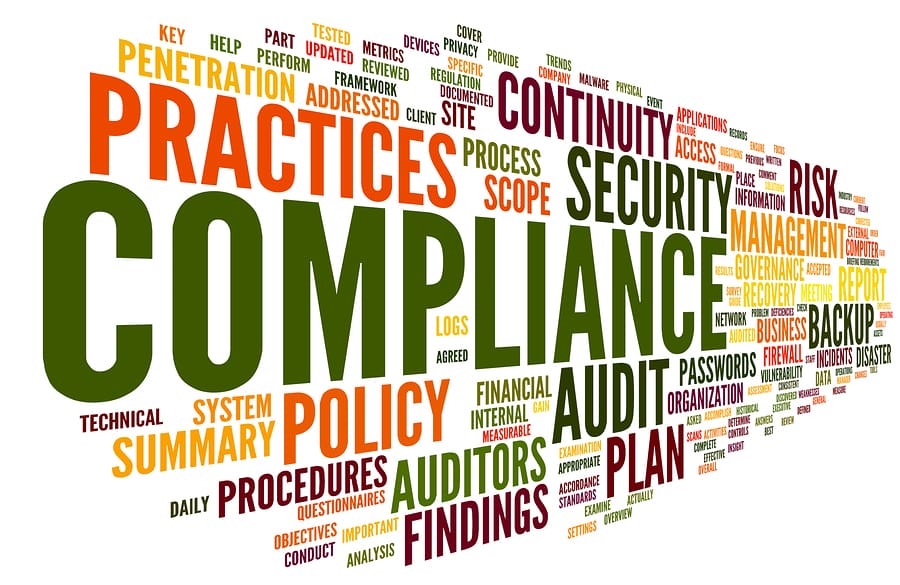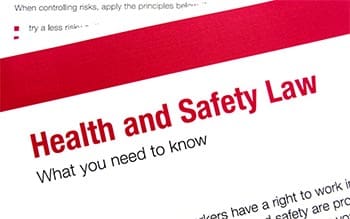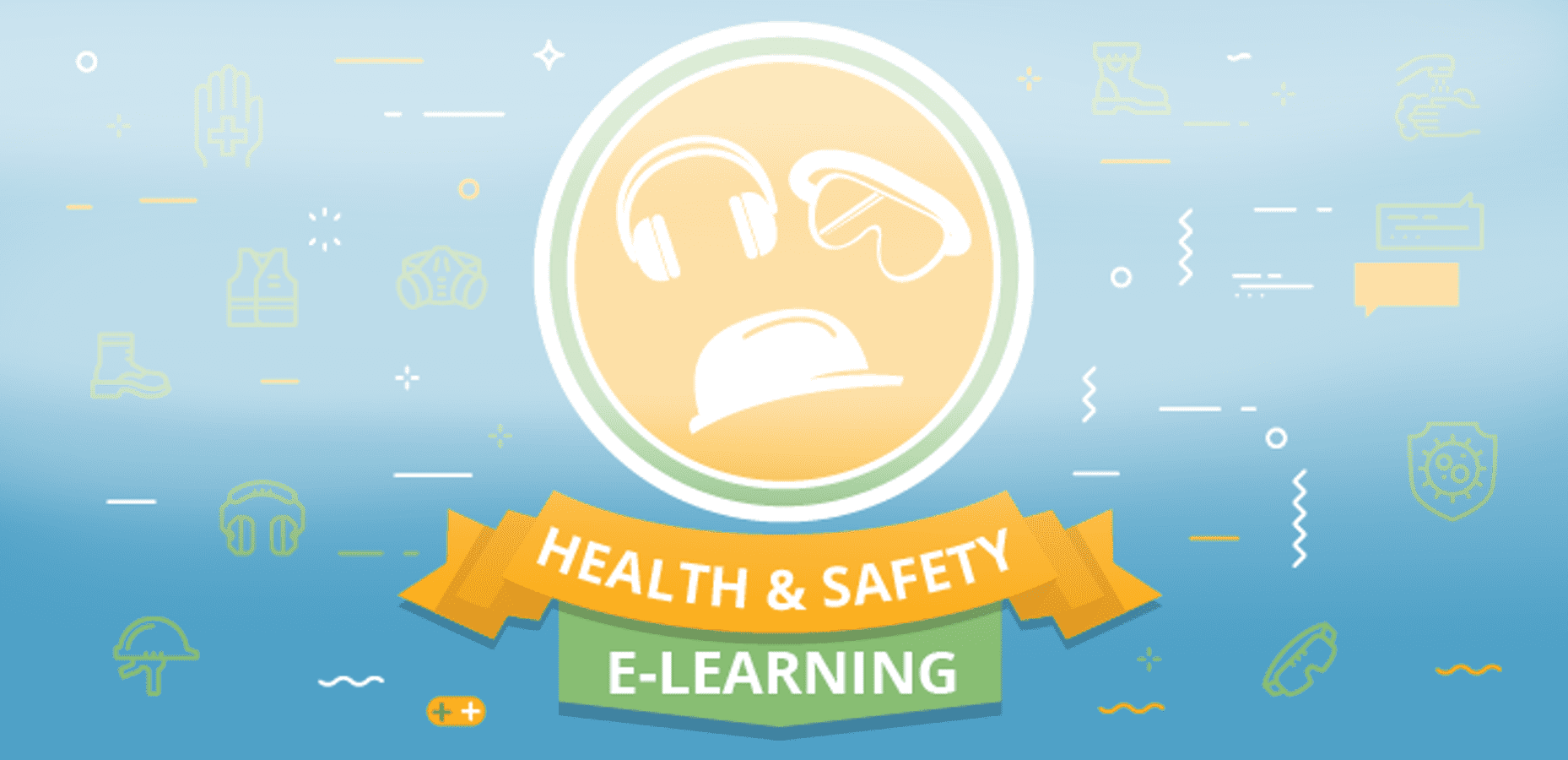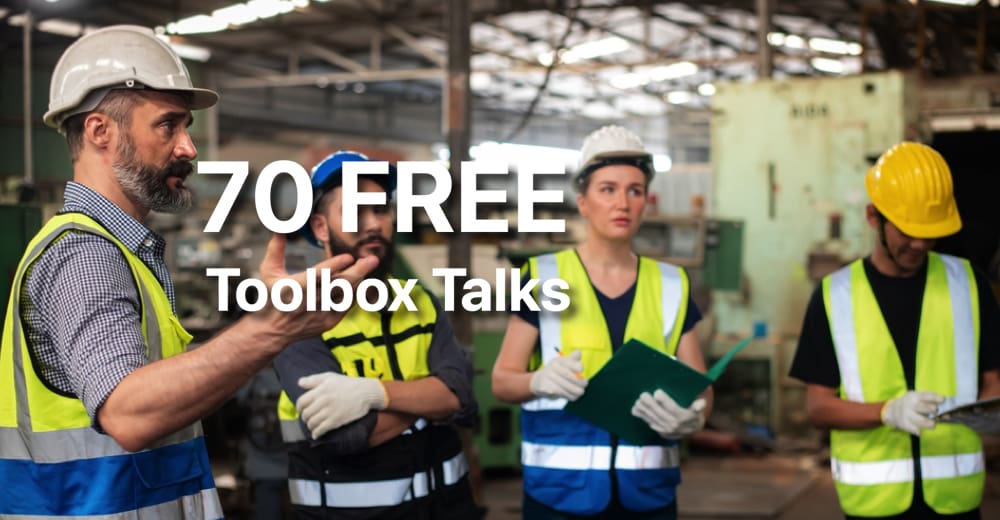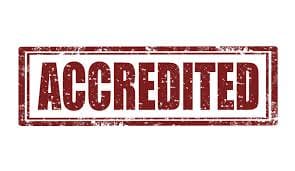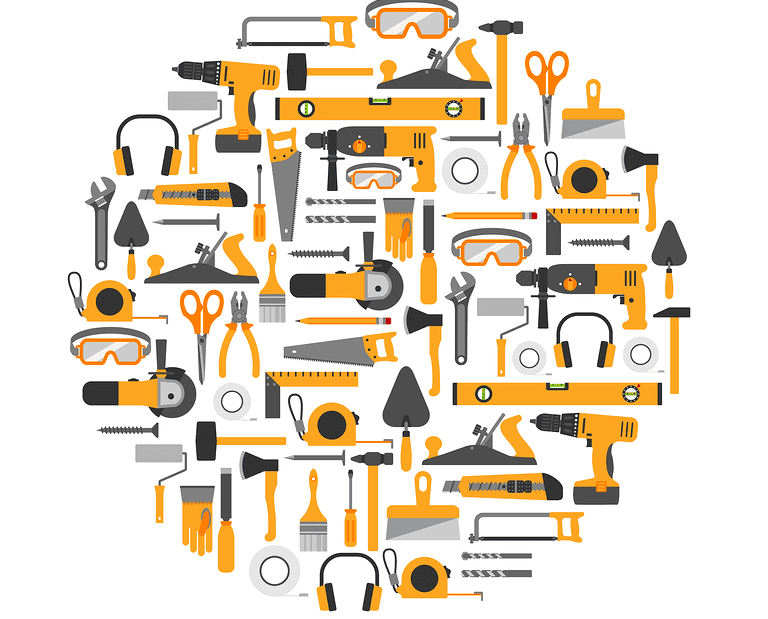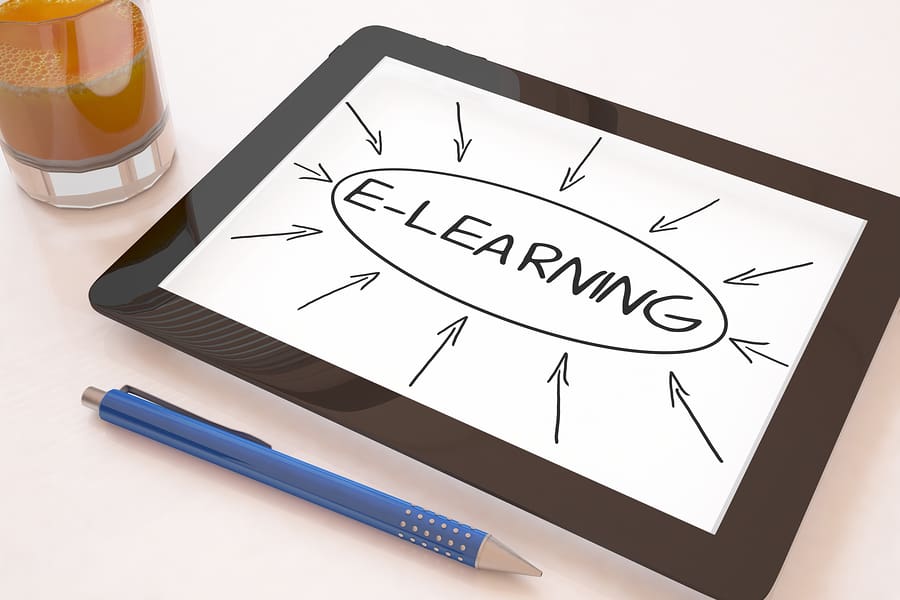Effective Tool Box Talks
TT1 – Abrasive Wheels
This talk will cover hazards and using portable and bench-mounted abrasive wheels.
TT2 – Accident Prevention & Control
Covers the cause, costs, and prevention of accidents.
TT3 – Accident Reporting & Investigation
Health and safety law requires that the following types of accidents be reported to the HSE:
- Fatalities and major accidents
- Injuries resulting in more than 7 days off work or inability to carry on with normal work
- Dangerous occurrences
TT4 – Alcohol and Drugs
This talk will cover the effects of alcohol and drugs on your safety and others.
TT5 – Asbestos
This talk will cover where you will find asbestos, how it can affect you and hazardous work.
TT6 – Benefits of Safety
This talk will cover how everyone benefits from working on a safe site and the costs of not doing so.
TT7 – Buried Services
This talk will cover gas, water mains, sewers and colour coding for buried services.
TT8 – Cartridge-Operated Tools
This talk will cover before use, safe use, hazards and after use of tools.
TT9 – Chainsaws
This talk will cover preparation for use, refuelling and safe use of chainsaws.
TT10 – Control of Dust & Fumes
This talk will cover some sources and dangers of dust and fumes, as well as examples of precautions that can be taken.
TT11 – Control of Noise
This talk will cover hazards, controlling noise and ear protection.
TT11 – COSHH
This talk will cover risk assessment, hazards, control measures and safe use of substances.
TT13 – Electricity on Site
This talk will cover underground cables and overhead power lines.
TT14 – Excavations
This talk will cover precautions and accidents.
TT15 – Fire Prevention & Control
This talk will cover fire prevention, precautions, types of extinguishers and actions on fire.
TT16 – First Aid
This talk will cover the following: before first aid, when first aid is required, and basic first aid.
TT17 – General Safety Legislation
This talk will cover details of legislation introduced to protect your health and safety whilst at work.
TT18 – General Site Health & Safety
This talk will cover responsibilities under health and safety legislation and on-site safety.
TT19 – Health & Safety at Work Act 1974
This talk will cover legal responsibilities and penalties under the Act.
TT20 – Health on Site
This talk will cover types of health issues affecting construction workers and the preventative measures.
TT21 – HFLs & Petroleum Based Adhesives
This talk will cover the hazards, storage and use of these products.
TT22 – Hoists and Hoist Towers
This talk will cover safe working practices when using hoists.
TT23 – Hydro Demolition
This talk will cover the dangers associated with hydro demolition and how they can be overcome.
TT24 – Ladders
This talk will cover before-use checks, use of ladders and hazards.
TT25 – Lead Hazards
This talk will cover the effects of lead on the body, the methods of controlling exposure and sources of exposure.
TT26 – Legal Duties of Employees
This talk will cover the legal duties of employees under the Health and Safety at Work Act 1974 and regulations.
TT27 – Lifting Accessories
This talk will cover slings, chains, shackles, hooks and eyebolts.
TT28 – Lifting Equipment & Operations
This talk will cover the procedures to follow to ensure that lifting operations are carried out in a safe manner.
TT29 – LPG & Other Compressed Gases
This talk will cover hazards, use, storage and transport.
TT30 – Manual Handling
This talk will cover considerations and good techniques for manual handling.
TT31 – Mobile Elevating Work Platforms
This talk will cover the hazards and safe operating methods for MEWPs.
TT32 – Mobile Plant
This talk will cover the dangers associated with mobile plant and how they can be overcome.
TT33 – Mobile Scaffold Towers
This talk will cover erection, use, stability and hazards.
TT34 – Needle-stick Injuries
This talk will cover the actions you should take if you discover a needle and if you prick your skin with it.
TT35 – Personal Hygiene
This talk will cover the price that you may have to pay for poor standards of personal hygiene and what you can do to prevent it.
TT36 – Personal Protective Equipment
This talk will cover the measures necessary to ensure that the use of PPE is effective.
TT37 – Piling
This talk will cover The dangers and precautions to be taken.
TT38 – Plant & Equipment
This talk will cover safe operating procedures for plants and equipment; please note that lifting equipment, woodworking machines, MEWP and electrical hand tools are covered in other toolbox talks
TT39 – Pollution Control
This talk will cover sources of pollution and ways in which operatives can ensure that they don’t contribute to the pollution of the environment.
TT40 – Portable, Hand-held Tools
This talk will cover before-use checks, the use of electric tools and hazards.
TT41 – Powers of the HSE
This talk will cover what you should be aware of and what to do if an inspector visits your place of work.
TT42 – Protection of Eyes
This talk will cover hazards and wearing eye protection.
TT43 – Protection of Skin
This talk will cover hazards to the skin and precautions to protect the skin.
TT44 – Risk Assessment & Method Statements
This talk will cover what risk assessments and method statements mean to you.
TT45 – Road & Street Safety
This talk will cover the precautions necessary to protect operatives and road users.
TT46 – Safe Stacking of Materials
This talk will cover general points and stacking of bricks, timber, pipes and prefabricated panels.
TT47 – Safe Working at Height
The talk covers the hazards of working on roofs and safety when working at height.
TT48 – Safety in Demolition
This talk will cover before and during the demolition, as well as hazards on the demolition site
TT49 – Safety Inspections & Consultation
This talk will cover the benefits of safety inspections and consultation.
TT50 – Safety Nets & Suspension Equipment
This talk will cover items to be considered before, during and after using safety nets and suspension equipment.
TT51 – Safety with Steelwork
This talk will cover the hazards associated with the erection of steelwork and the precautions to be taken.
TT52 – Security on Site
This talk will cover the hazards to unauthorised visitors and ways of preventing unauthorised access.
TT53 – Signallers and Slingers
This talk will cover lifting gear, before lifting, during lifting and potential hazards
TT54 – Site Transport
This talk will cover the dangers associated with site transport and how they can be overcome.
TT55 – Slips, Trips and Falls
This talk will cover the causes and prevention of slips, trips and falls.
TT56 – Sun Safety
This talk will cover the facts and statistics about skin cancer, who is at risk and how to protect yourself.
TT57 – System Scaffolds
This talk covers safety features, which are specific system scaffolds. In addition to other safety features that are common to all scaffolds,
TT58 – Trackside Safety
This talk will cover some hazards and precautions associated with working on railways.
TT59 – Trestles and Stepladders
This talk will cover folding adjustable trestles and stepladders.
TT60 – Tube & Fittings Scaffolding
This talk will cover access, loading, hazards, inspection and security.
TT61 – Vehicle Fuels
This talk will cover the hazards created by different fuels and the precautions necessary.
TT62 – Vibration
This talk will cover the sources, effects and methods of overcoming excessive vibration.
TT63 – Waste Management
This talk will cover the risks to health and safety resulting from poor housekeeping.
TT64 – Water Jetting
This talk will cover the dangers associated with water jetting and how they can be overcome.
TT65 – Weil’s Disease
This talk will cover the effects and symptoms of Weil’s disease, the measures you should take to avoid it, and who may be at risk.
TT66 – Welfare Arrangements
This talk will cover the factors determining whether site welfare facilities are adequate.
TT67 – Woodworking Machines
This talk will cover the safety precautions in the use of hand-held circular saws and floor-mounted woodworking machines.
TT68 – Working in Confined Spaces
This talk will cover hazards, such as before entry, work in confined spaces, and emergency procedures.
TT69 – Working over Water
This talk will cover the prevention of drowning and rescue from the water.
TT70 – Young People on Site
This talk will cover why young people are vulnerable and what we should all be doing to safeguard their health and safety on site.
Download 70 free toolbox talks today







